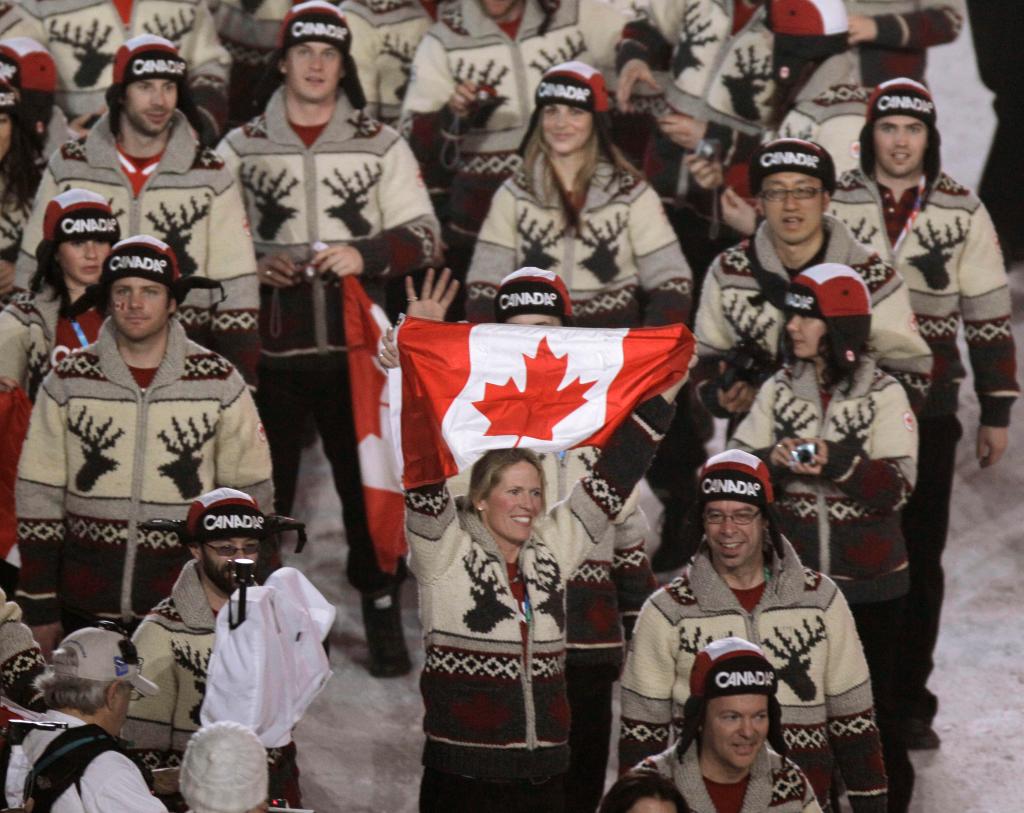VANCOUVER, British Columbia – Top that if you can.
Amid the tragedy, the medals race and the hockey frenzy, the Vancouver Olympics will be remembered above all for the fervor and ebullience of the games’ Canadian hosts.
For future Olympic host cities London; Sochi, Russia; and Rio de Janeiro, Brazil, matching Vancouver’s festive atmosphere will be a tough act to follow.
“The way Vancouver embraced these games was extraordinary,” International Olympic Committee President Jacques Rogge said. “I’ve never seen anything on this scale before. This is really something unique.”
Rogge and other IOC officials were unanimous that Vancouver delivered the greatest ambience and public enthusiasm of any Winter Games since the magical 1994 Games in tiny Lillehammer, Norway. Vancouver’s joyous mood also was compared with the 2000 Summer Games in Sydney, Australia.
“Future organizers know that there is really a need to create this kind of big embrace,” Rogge said. “It’s something you can’t create on a piece of paper.”
Despite the death of Georgian luger Nodar Kumaritashvili in a training crash the day of the opening ceremony and a rash of glitches and weather problems the first few days, Vancouver lifted the Winter Games to a new level.
The streets were filled with partying spectators, the venues were packed with cheering crowds and the entire country seem united for two weeks behind a single cause.
“For the first time, the Winter Olympic Games are on equal footing with a Summer Olympic Games,” said Kevan Gosper, a senior IOC member from Australia. “When we look back, we can say Vancouver is where we could start comparing Winter Games with Summer Games and not just winter with winter and summer with summer.”
The Winter Olympics, which debuted in 1924, were given their own identity when the IOC changed the cycle to put the Summer and Winter Games in different years starting in 1994.
Next up is London, which will host the 2012 Summer Games, becoming the first city to stage the Olympics for a third time. London also held the Olympics in 1908 and 1948.
London’s project is based on renovating a downtrodden part of east London into a showpiece Olympic park. London’s West End should be a magnet for nightlife and party atmosphere. As in Vancouver, live sites will be set up around the city for fans to watch events on big screens and enjoy musical entertainment.
Sebastian Coe, leader of the London organizing committee, was particularly impressed with the full venues and public spirit in Vancouver.
“Not since Sydney have I seen a city embrace the games the way they’ve been embraced here,” Coe said. “My gut instinct is that is what these games will be remembered for. I haven’t been anywhere where there’s been an empty seat in the house, and the people look like they want to be there.”
In 2012, Coe said he expects around 250,000 fans to flock into the Olympic Park every day, and at least an additional 1 million people to come to the city for the games.
London is the next Summer Games after the Olympics in Beijing, but Coe prefers not to make comparisons.
“We will never see a games like Beijing again,” Coe said. “That’s not typical of the way games are going to be delivered. You take from Beijing the extraordinary obsession with detail and eye for delivery. You take from Sydney the party atmosphere and here the party atmosphere and engagement. These are all things you need to bring together for a games.”
Send questions/comments to the editors.



Success. Please wait for the page to reload. If the page does not reload within 5 seconds, please refresh the page.
Enter your email and password to access comments.
Hi, to comment on stories you must . This profile is in addition to your subscription and website login.
Already have a commenting profile? .
Invalid username/password.
Please check your email to confirm and complete your registration.
Only subscribers are eligible to post comments. Please subscribe or login first for digital access. Here’s why.
Use the form below to reset your password. When you've submitted your account email, we will send an email with a reset code.